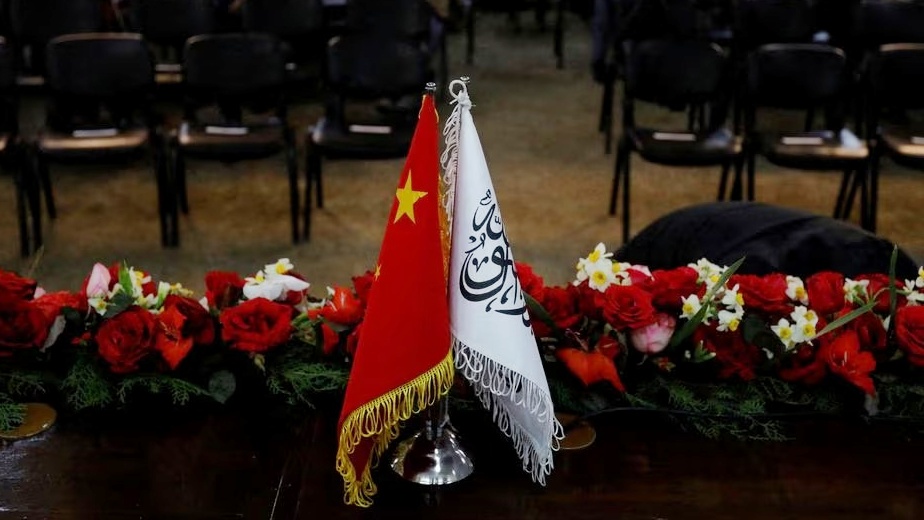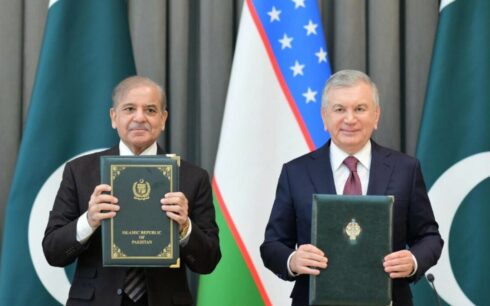The Taliban has confirmed its participation in China’s Belt and Road Forum, as disclosed by one of its spokespersons as quoted in a report by Reuters on Saturday.
According to the report, the announcement highlights the deepening diplomatic connections between Beijing and the Taliban administration, even though no government has formally recognized the group.
Taliban senior members have attended a number of previous regional meetings primarily focused on Afghanistan. Their invitation to the Belt and Road Forum marks a notable milestone in their participation in high-profile multilateral summits, Reuters reported.
The forum, set to take place in Beijing on Tuesday and Wednesday, commemorates the 10th anniversary of President Xi Jinping’s ambitious global infrastructure and energy initiative, which seeks to revive the historic Silk Road and bolster global trade.
Nooruddin Azizi, the acting minister for commerce and industry within the Taliban, is slated to travel to Beijing in the coming days. Quoted by Reuters, Abdul Salam Jawad, Taliban’s spokesman for the Ministry of Commerce, said Azizi “will attend and will invite large investors to Afghanistan.”
China has been engaged in discussions with the Taliban regarding a proposed substantial copper mine in eastern Afghanistan, which had its origins under the previous foreign-backed government.
At the time of this report, there were no responses from China’s foreign ministry to inquiries for comments, Reuters reported.
Azizi’s discussions in Beijing will also encompass plans for the construction of a road through the Wakhan corridor, a narrow and mountainous region in northern Afghanistan, which would provide direct access to China, as disclosed by Jawad.
In May, officials from China, the Taliban, and neighboring Pakistan expressed their interest in integrating Afghanistan into the Belt and Road initiative. They also discussed the potential extension of the flagship China-Pakistan Economic Corridor across the border into Afghanistan.
Since assuming control of Afghanistan two years ago as US and other foreign forces withdrew, the Taliban has not received formal recognition from any government.
Numerous impediments, including restrictions on women’s participation in public life and the barring of many female NGO employees from their work, have hampered international recognition, particularly from Western nations, according to officials and international relations analysts.
China has intensified its engagement with the Taliban and notably became the first country to appoint an ambassador to Kabul following the Taliban’s ascent to power. China has also invested in various mining projects.
Last month, the Chinese ambassador presented credentials to the Taliban’s acting prime minister, in contrast to other nations that have retained previous ambassadors or appointed heads of mission in a charge d’affaires capacity, bypassing the formal presentation of credentials to the government.




